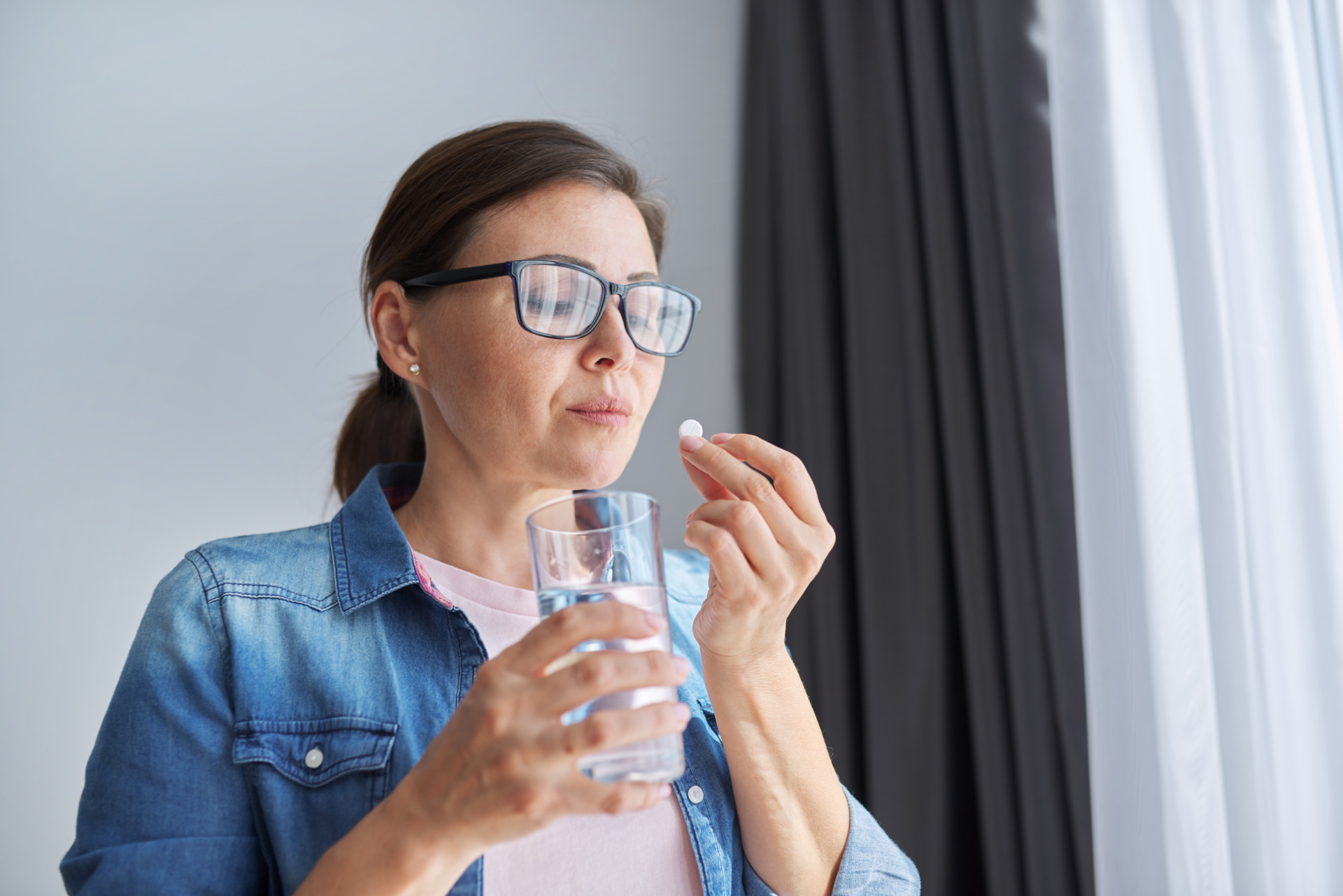Those who experience mental health challenges are often on the lookout for ways to bolster their emotional wellbeing. If this sounds like you or someone you love, read on for five natural supplements to boost your mental health.
Anyone who has ever struggled with a mental disorder such as anxiety or depression knows mental health is not a perfect state of mind, but rather a constant state of mindfulness. Mental health requires regular maintenance, monitoring and responsiveness to changes. As part of a body that needs exercise, sleep and fuel, our mind will tell us when it needs something, if we listen.
If your mind is speaking to you, especially during the stressful times, maybe you’re feeling unmotivated, overwhelmed or anxious—there are ways to treat yourself, or add to your therapy or conventional medications. Keep scrolling for supplement options that may help.
5 Natural Supplements to Boost Your Mental Health
These supplement options are all readily available, but if you’d like to discuss how to source the best product for you, or how these supplements will work with other things you’re taking, reach out to us. Our team of cannabis counsellors are here for you.
Vitamin D
Sunshine is a mood-brightener, but UV must penetrate skin to trigger vitamin D synthesis in the body. It turns out you need vitamin D to absorb calcium, and a growing number of psychiatrists and physicians are prescribing it to help with symptoms of depression.
According to the CDC, roughly one-third of women in the U.S. are at risk of vitamin D deficiency or inadequacy. Levels of 30 to 50 ng/mL of blood seem to be what health professionals are currently targeting, and 800 to 2000 or more international units (UIs) of vitamin D are the typical daily dose.
Low levels of vitamin D are caused by sunscreen prohibiting UV penetration (which is also a requirement for sun safety, so you can see the challenge), and by spending workdays indoors as the rays needed to make vitamin don’t travel through glass. Ask for a vitamin D test at your next checkup to assess your level and select a high-quality vitamin D supplement if your levels are low.
Fish or Flaxseed Oil for Omega-3s
More than a decade ago, scientists studying human longevity began to discover an inverse correlation between fish consumption and depression. Since then, omega-3s have become the alpha supplement for heart and health. The body cannot synthesize omega-3 fatty acids on its own, so we must consume them. If you’re a vegetarian or don’t consume fish three times a week, you probably need this supplement.
Mental health properties that come from omega-3s are said to originate from their ability to be easily absorbed into the central nervous system and facilitate your mood-regulating neurotransmitters—dopamine and serotonin. Fish oil supplements contain eicosapentaenoic acid (EPA), which aids in the release of serotonin, as well as docosahexaenoic acid (DHA), which supports your brain’s pathways, according to the Oakland Research Institute.
For vegetarians, flaxseed oil is a great alternative and is the richest source of a third, health-giving omega-3 called alpha-linolenic acid (ALA). Studies indicate omega-3 supplements will at the very least do no harm and are widely recommended.
CBD
Medical cannabis is legalized in many US states, and a growing body of research confirms the efficacy of cannabis compound cannabidiol (CBD). CBD strongly supports the production of mood-boosting neurotransmitters. This is especially the case for serotonin, which new studies confirm may be as effective as prescription medications for mood disorders.
As a supplement to support mental health, CBD acts on the nervous system’s own complex network of cannabinoid receptors, as well as the brain’s serotonin pathways, to regulate mood. There are a thousands of different strains of CBD, many with no THC content—which is the psychoactive element that causes “high” or euphoric feelings associated with marijuana.
One study from 2018 published in the Journal of Affective Disorders found that cannabis low in THC and high in CBD seemed to reduce depression symptoms, while patients reported that high-THC/high-CBD cannabis worked best against stress.
Vitamin B Complex with Folate
Vitamin B is actually eight vitamins, the most well-known being folate, B6, B12, thiamin, riboflavin and niacin. B vitamins are important as they help DNA synthesis and are crucial in neurological function. Vitamin B12 is often recommended to those experiencing impaired cognition, according to Psychology Today, which also reports that low levels of folate, niacin and thiamin were associated with cognitive impairment in general. Low levels of folate and B12 have been found in studies of depressive patients as well.
Look for a supplement with a well-balanced complex of B vitamins, including the following: methyl folate, methylcobalamin as it is a form of B12 that supports brain and nerve tissue, and pyridoxal 5-phosphate (P-5-P) as it is a form of B6 that controls the metabolism of amino acids and aids in the production of neurotransmitters, including serotonin.
Melatonin Combined with a Multivitamin
The best thing you can do for your mental health is get your sleep, eat a balanced diet and exercise regularly. While there are unfortunately no supplements for exercise, you can give your body an assist with the two other basic needs.
Sleep is the panacea of mental health. Not getting enough dramatically impairs emotional regulation. In fact, Harvard Health research found sleep problems may be a risk factor for developing an anxiety disorder, and preceded depression 69 percent of the time. Beyond employing the practices of sleep hygiene, supplementing with melatonin, the hormone that regulates our sleep-wake cycle, helps insomniacs young and old sleep and can help establish a more regular sleep routine.
A diet for good mental and physical health includes nine servings of produce, three of dairy, six of whole grains and 100 grams of protein—every day. If you’re vegetarian, it’s harder to get your proteins. Vegans also miss dairy. Many doctors recommend multivitamins to cover your bases. The Harvard School of Public Health calls multivitamins your “nutrition insurance policy,” but advises to avoid mega-dose multivitamins. In fact, they say the least expensive options are often just right.
When adding supplements to boost your mental health, do so one at a time to get a feel for their individual effects and home in on the best dosage for you. If you have symptoms of severe anxiety or depression, supplements should be discussed with a qualified healthcare provider first.
Have Questions? We Can Help
Our cannabis counsellors are available to chat, free of charge, to help you get what you want and need out of your cannabis experience. Give us a call today.






